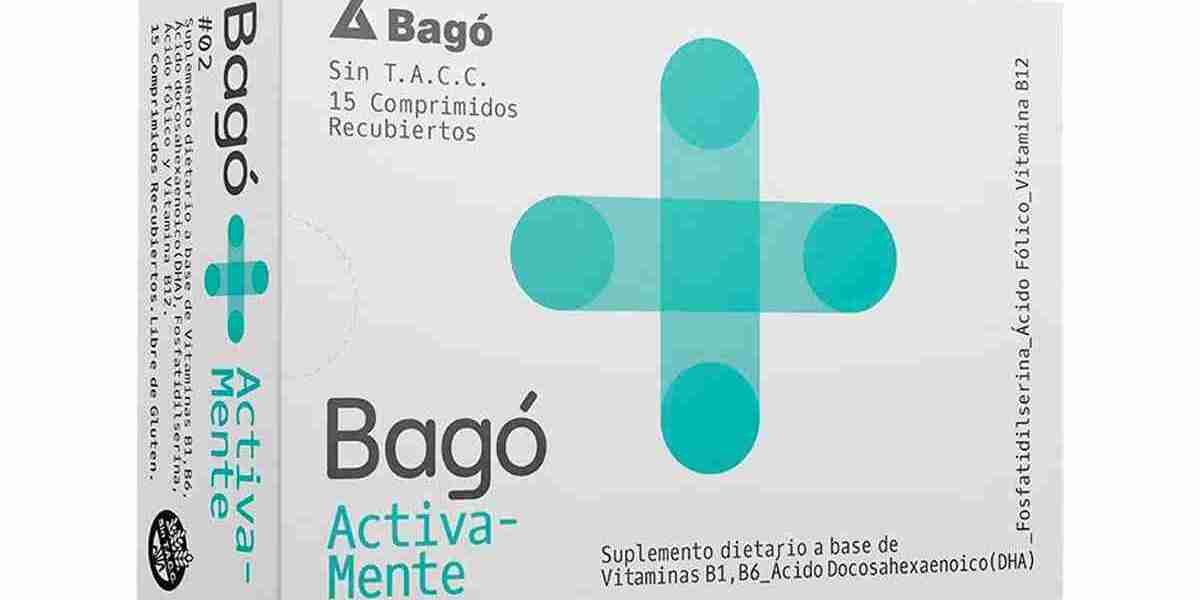Beneficios del aceite de ruda en la salud | #beneficios del romero en infusión
खोज करना पदोंहमारे डिस्कवर पेज पर मनोरम सामग्री और विविध दृष्टिकोणों का अन्वेषण करें। नए विचारों को उजागर करें और सार्थक बातचीत में संलग्न हों
Cloruro de POTASIO al 10% = KCl al 10% inyectable Guías de práctica clínica MSF | #beneficios del romero en infusión
Descubre qué fruta contiene biotina, el beneficio para la salud que necesitas | #beneficios del romero en infusión
Cómo saber si tienes deficiencia de magnesio: estos son los posibles síntomas | #beneficios del romero en infusión
Propiedades del romero, para qué sirve y cómo prepararlo Guía práctica | #beneficios del romero en infusión
How to Boost Profits for Your Sweet Shop Business | #receita de brigadeiro de leite ninho gourmet
Brigadeiro Recipe Chocolate Fudge Balls | #receita de brigadeiro de leite ninho gourmet
Brigadeiro: the Chocolate, Sticky, Gooey, Party Food thats been in Hiding in Brazil | #receita de brigadeiro de leite ninho gourmet
The Impact of Digital Transformation on Coworking Spaces in Mumbai | #the Impact of Digital Transformation on Coworking Spaces in Mumbai
Инвестиция в качество: какой бренд станет основой вашего гардероба на долгие годы? | #инвестиция в качество: какой бренд станет основой вашего гардероба на долгие годы?







